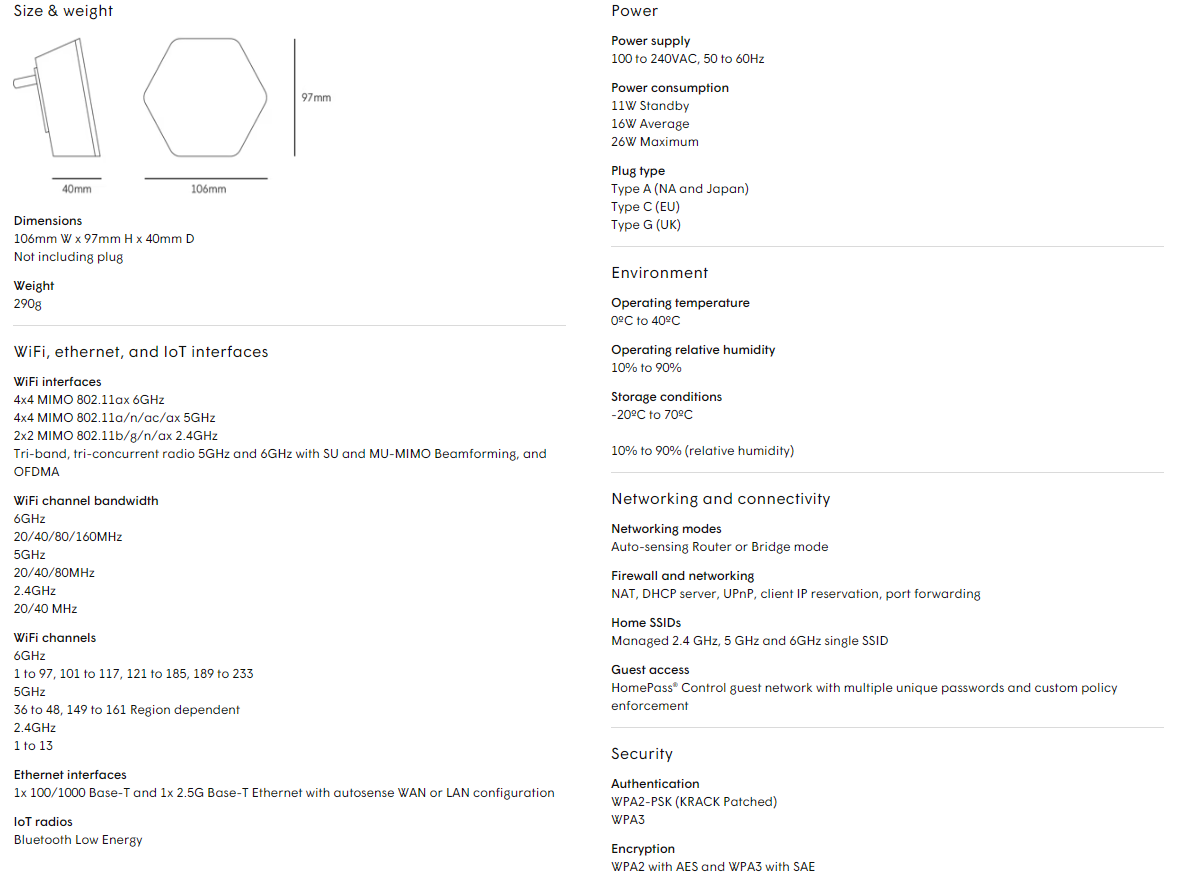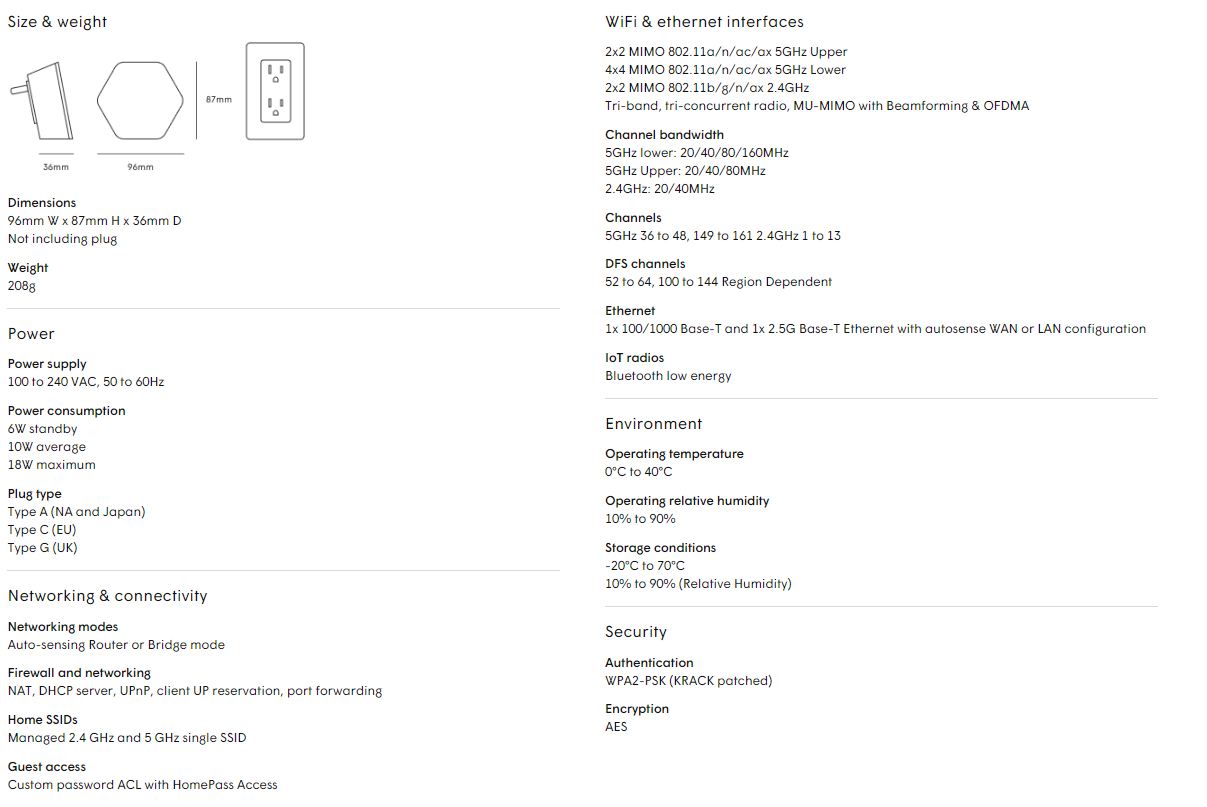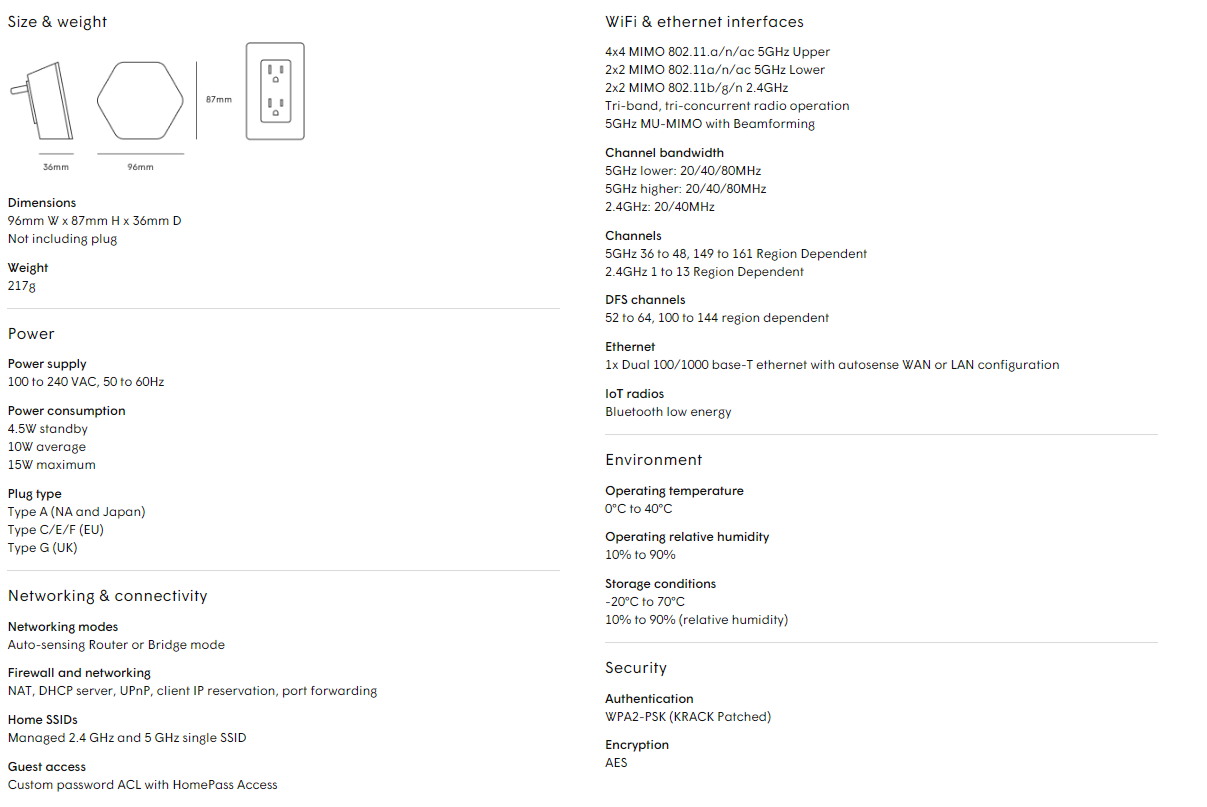In recent news, cybercriminal groups in Vietnam have escalated their efforts to target unsuspecting individuals through the sharing of counterfeit job postings. The experts at WithSecure have uncovered a disconcerting trend in which these cybercriminals are zeroing in on the digital marketing sector and Facebook business accounts. What’s more, these malicious actors are using these fake job listings as a guise to spread notorious malware like DarkGate and Ducktail.
The Modus Operandi
These cybercriminals are cunning and resourceful, employing LinkedIn’s messenger feature as a tool to ensnare potential victims. They send unsuspecting LinkedIn users links to phony job descriptions. If you succumb to the allure of these enticing job opportunities and click on the link, it leads you to a perilous website, teeming with malware-infested Google Drive files. The consequences of downloading these files can be catastrophic, as the cybercriminals gain access to your internet browser’s cookies and session data. Armed with this stolen information, they can infiltrate your online presence, pilfer your login credentials, and access other sensitive data.
Protecting Yourself from LinkedIn Job Scams
As vigilant citizens of the digital world, it’s crucial that we arm ourselves with knowledge and awareness to guard against these insidious scams. Citynet, in partnership with KnowBe4, is committed to providing you with the information you need to stay safe online. Here are some essential tips to shield yourself from these LinkedIn job scams:
- Be Skeptical of Unexpected LinkedIn Messages: If you happen to receive an unexpected job offer or message from an unfamiliar source on LinkedIn, be cautious. Cybercriminals often exploit LinkedIn’s professional setting to trick individuals into engaging with malicious content.
- Verify the Legitimacy of Job Offers: It’s always wise to cross-check the person and organization offering the job. Take the time to investigate the organization on official websites or through trusted channels. Genuine employers have an online presence that you can verify.
- Exercise Caution with Unrealistic Offers: If a job offer seems too good to be true, it probably is. Cybercriminals frequently dangle irresistibly attractive offers to lure potential victims. Be on the lookout for red flags, such as extravagant promises and unsolicited job opportunities.
By heeding these precautions and staying informed, you can fortify your defenses against cybercriminals and their deceptive tactics. Citynet remains dedicated to your online safety and security. We encourage you to share this information with your friends and colleagues to protect them from falling victim to these scams as well. Together, we can build a safer digital landscape for all. Stay safe, stay informed!
Get cybersecurity awareness training from industry leader KnowBe4 for your team so they can recognize the latest methods of phishing attacks and more. After all, your employees are your first line of network security!








